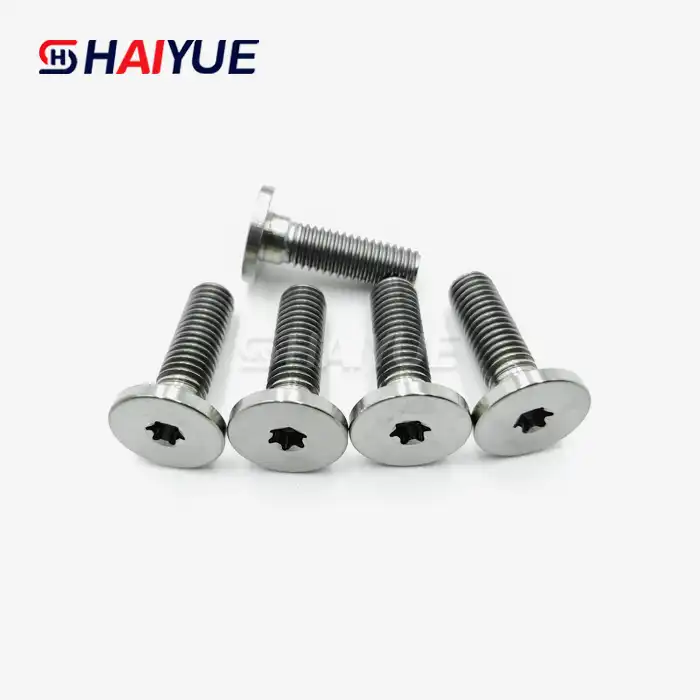- English
- French
- German
- Portuguese
- Spanish
- Russian
- Japanese
- Korean
- Arabic
- Greek
- German
- Turkish
- Italian
- Danish
- Romanian
- Indonesian
- Czech
- Afrikaans
- Swedish
- Polish
- Basque
- Catalan
- Esperanto
- Hindi
- Lao
- Albanian
- Amharic
- Armenian
- Azerbaijani
- Belarusian
- Bengali
- Bosnian
- Bulgarian
- Cebuano
- Chichewa
- Corsican
- Croatian
- Dutch
- Estonian
- Filipino
- Finnish
- Frisian
- Galician
- Georgian
- Gujarati
- Haitian
- Hausa
- Hawaiian
- Hebrew
- Hmong
- Hungarian
- Icelandic
- Igbo
- Javanese
- Kannada
- Kazakh
- Khmer
- Kurdish
- Kyrgyz
- Latin
- Latvian
- Lithuanian
- Luxembou..
- Macedonian
- Malagasy
- Malay
- Malayalam
- Maltese
- Maori
- Marathi
- Mongolian
- Burmese
- Nepali
- Norwegian
- Pashto
- Persian
- Punjabi
- Serbian
- Sesotho
- Sinhala
- Slovak
- Slovenian
- Somali
- Samoan
- Scots Gaelic
- Shona
- Sindhi
- Sundanese
- Swahili
- Tajik
- Tamil
- Telugu
- Thai
- Ukrainian
- Urdu
- Uzbek
- Vietnamese
- Welsh
- Xhosa
- Yiddish
- Yoruba
- Zulu
Why Are Titanium Wheel Lug Bolts Superior to Steel Fasteners?
Introduction
When it comes to securing wheels on automobiles, the choice of lug bolts is critical for both safety and performance. Traditionally, steel has been the go-to material for wheel lug bolts due to its affordability and strength. However, titanium lug bolts have gained significant traction among automotive enthusiasts and professionals alike. Their superior material properties and performance advantages position them as the premium choice over conventional steel fasteners. This article explores why titanium wheel lug bolts outperform steel, highlighting the benefits that make them worth the investment.
What Makes Titanium’s Material Properties Unique?
Titanium is a transition metal known for its exceptional strength-to-weight ratio, corrosion resistance, and biocompatibility. Unlike steel, titanium is significantly lighter—about 40% less dense—while offering comparable or greater tensile strength. This means titanium lug bolts can provide the same or better mechanical performance while contributing to significant weight reduction.
One of titanium’s key advantages is its natural resistance to corrosion. Steel fasteners rely on protective coatings such as zinc plating or chrome finishes, which can wear off over time and expose the metal to rust. Titanium forms a stable, protective oxide layer on its surface, making it inherently resistant to oxidation and corrosion without additional coatings. This layer is self-healing, repairing itself if scratched, maintaining durability in harsh environments.
Additionally, titanium exhibits excellent fatigue resistance, an essential characteristic for components like lug bolts that undergo repeated stress from road vibrations, braking, and acceleration. Its ability to withstand cyclic loads without cracking or failure ensures long-term reliability.
How Does Titanium’s Weight Advantage Improve Vehicle Performance?
Reducing weight at the wheels is crucial for enhancing overall vehicle dynamics. Unsprung mass refers to the weight of components not supported by the suspension system, including wheels, tires, and lug bolts. Lower unsprung mass allows the suspension to react more quickly and accurately to road irregularities, improving ride quality, handling, and traction.
Replacing heavy steel lug bolts with lightweight titanium ones can reduce unsprung weight significantly. Although individual lug bolts are small components, the cumulative effect across all wheels is measurable. Less rotational mass at the wheels also means the engine requires less energy to accelerate and decelerate, contributing to improved fuel efficiency and responsiveness.
For high-performance and racing vehicles, every gram matters. Titanium lug bolts help achieve weight savings that translate into faster lap times, more precise steering feedback, and enhanced braking performance.
Why Is Corrosion Resistance Vital for Wheel Lug Bolts?
Wheel lug bolts are constantly exposed to environmental factors such as moisture, road salt, chemicals, and temperature fluctuations. Corrosion can compromise bolt integrity, making removal difficult, risking stripped threads, and potentially leading to failure.
Steel lug bolts typically require coatings that can degrade or chip, leaving them vulnerable to rust. Rusted bolts may seize, complicate maintenance, and cause costly repairs. In contrast, titanium’s corrosion resistance prevents rust formation, ensuring bolts remain functional and easy to service over time.
In coastal regions, areas with heavy road salt usage, or climates with high humidity, titanium’s resistance to corrosion becomes even more advantageous, safeguarding wheel components and improving vehicle longevity.
How Does Titanium Handle Heat Compared to Steel?
Brake components generate substantial heat, which can transfer to adjacent wheel assemblies, including lug bolts. Steel bolts may experience strength degradation at elevated temperatures, and their protective coatings can deteriorate, increasing the risk of loosening or failure.
Titanium’s thermal stability enables it to retain mechanical properties even under high heat. Its low thermal expansion reduces changes in bolt dimensions during heating and cooling cycles, maintaining consistent clamping force. This stability is critical for vehicle safety, particularly under demanding driving conditions such as racing or mountainous terrain.
What Manufacturing Techniques Are Used for Titanium Lug Bolts?
Due to titanium’s challenging machinability, high-precision manufacturing is necessary. CNC (Computer Numerical Control) machining is the preferred method, providing tight tolerances essential for safe fitment and performance.
CNC machining allows customization of thread size, pitch, seat geometry, and head style to match OEM specifications or aftermarket preferences. Surface finishing processes such as polishing, anodizing, or PVD coating enhance corrosion resistance and aesthetic appeal.
Manufacturers also perform rigorous quality control, including tensile testing, fatigue testing, and dimensional inspections, ensuring titanium lug bolts meet international safety standards.
Are Titanium Lug Bolts Safe for Everyday Use?
When produced and installed correctly, titanium lug bolts are as safe—if not safer—than their steel counterparts. Their superior fatigue and corrosion resistance reduce the risk of unexpected failures. However, it is vital to use the correct torque settings during installation to prevent over-tightening or under-tightening.
Routine inspection and maintenance remain important, but titanium bolts typically require less frequent replacement due to their durability.
What Are the Cost Considerations?
Titanium lug bolts generally come at a premium price compared to steel due to raw material costs and complex manufacturing. However, the long-term benefits, including weight savings, corrosion resistance, reduced maintenance, and enhanced safety, justify the investment for enthusiasts and professionals seeking performance and reliability.
Conclusion
Titanium wheel lug bolts offer a combination of lightweight strength, corrosion resistance, and thermal stability that steel fasteners cannot match. For drivers focused on vehicle performance, safety, and longevity, titanium is the superior choice.
Baoji Haiyue New Metal Materials Co., Ltd. provides precision CNC-machined titanium wheel lug bolts with customization options to meet diverse automotive needs. For high-quality, durable, and reliable titanium fasteners, contact us at Jolina@bjhyti.com.

Learn about our latest products and discounts through SMS or email
(1)_1740622139724.webp)
_1741054467294.webp)

_1736408759418.webp)